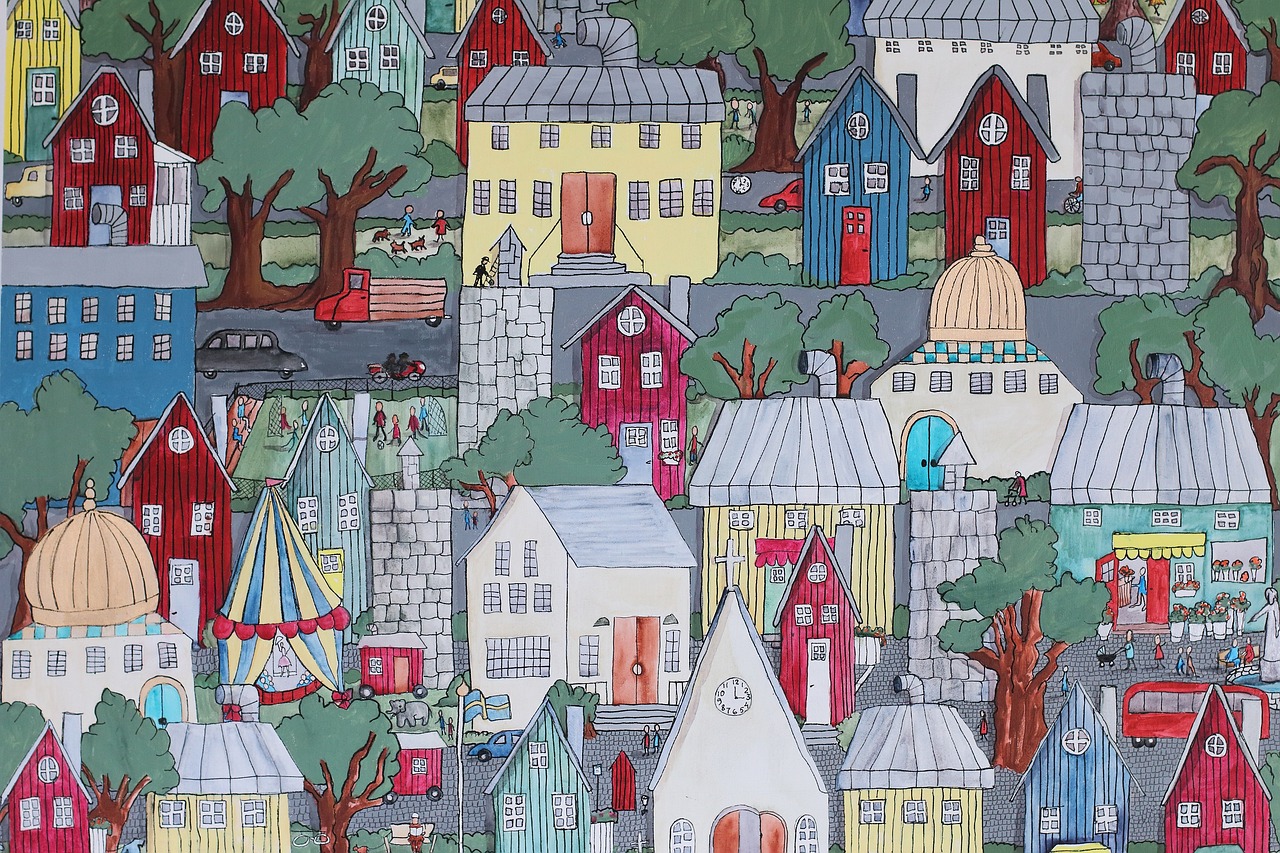Characters are fundamental elements of any story, whether it be a novel, screenplay, or short story. To fully engage your readers or viewers, you must create captivating and dynamic characters. In this article, we will explore the importance of strong characters in storytelling and provide tips on how to craft them realistically and memorably.


Defining Strong Characters in Storytelling
A strong character is one who is multidimensional, intricate, and has a clear motivation that propels their actions throughout the story. They possess positive and negative traits, rendering them more relatable and realistic. Readers should be able to empathize with them, comprehend their motives, and become invested in their journey.
Creating Strong Characters in Storytelling
When creating compelling characters in storytelling, there are several critical elements to consider:
- Backstory: A character’s backstory is essential to understanding their motivations, fears, and desires. It can provide depth to their personality and inform their actions.
- Personality Traits: Characters should have unique personalities with distinct voices and quirks that distinguish them from others.
- Relationships: The relationships between characters can reveal their personality traits and add depth to their interactions.
- Development: Characters should experience growth or change throughout the story. Their beliefs and motivations should be challenged, and they should learn from their experiences.
Tips for Character Development
- Create a character profile: Before starting to write, create an extensive character profile that includes their backstory, personality traits, relationships, and development arc.
- Give them goals: Every character should have a clear goal or motivation that drives their actions and advances the story.
- Use dialogue to reveal their personality: Dialogue is a potent tool for revealing a character’s personality and voice.
- Show, don’t tell: Instead of telling the reader about a character’s traits, show them through their actions and interactions with others.
- Embrace flaws: Flaws make characters more relatable and realistic. Don’t be afraid to give your characters flaws that make them imperfect.
The Role of Characters in Storytelling
Strong characters are fundamental to a great story. By taking the time to develop intricate and multidimensional characters, you can create stories that resonate with readers and leave a lasting impact. Use the tips provided in this article to craft unforgettable characters that will keep your readers engaged from start to finish.
- Mary Oliver: The Enduring Wisdom of Her Nature-Inspired Poetry
- The Color Purple: A Journey of Empowerment and Resilience
- Understanding and Creating Catharsis in Writing
- Understanding Fan Fiction: A Creative Phenomenon
- Rumi: The Poet of the Heart
Meanwhile, at Dreamers…
2024 Micro Nonfiction Story Writing Contest Results

Congratulations to the winners of the 2024 Dreamers Micro Nonfiction Story Writing Contest, for nonfiction stories between 100-300 words.
2024 Place and Home Contest Results

Congratulations to the winners of the Dreamers 2024 Place and Home Contest, based on the theme of migration, place & home.